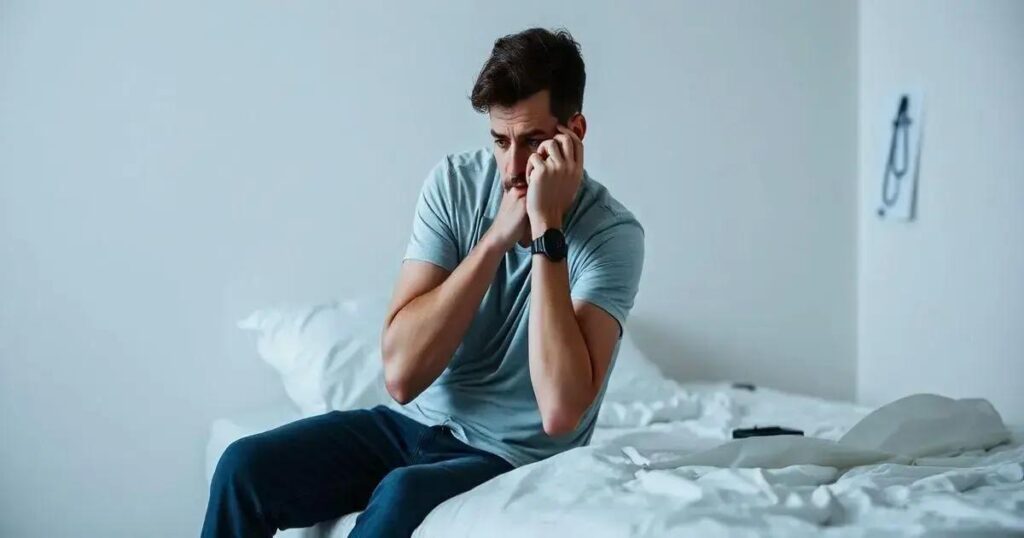Anxiety influences erectile dysfunction (ED) by creating a cycle of fear and performance anxiety, leading to difficulties with sexual function. Treatment options include therapy, medication, and lifestyle changes such as exercise and a balanced diet, which can significantly help manage both anxiety and ED effectively.
Anxiety is a powerful emotion that can significantly impact various aspects of life, including sexual health. Many men experience erectile dysfunction (ED) without realizing that anxiety plays a crucial role. This post will dive into how anxiety influences erectile dysfunction and explore effective coping strategies. We’ll also discuss the psychological factors contributing to this condition and offer insights into treatment options. Understanding this connection is vital for improving overall well-being.
Understanding Anxiety and Its Effects
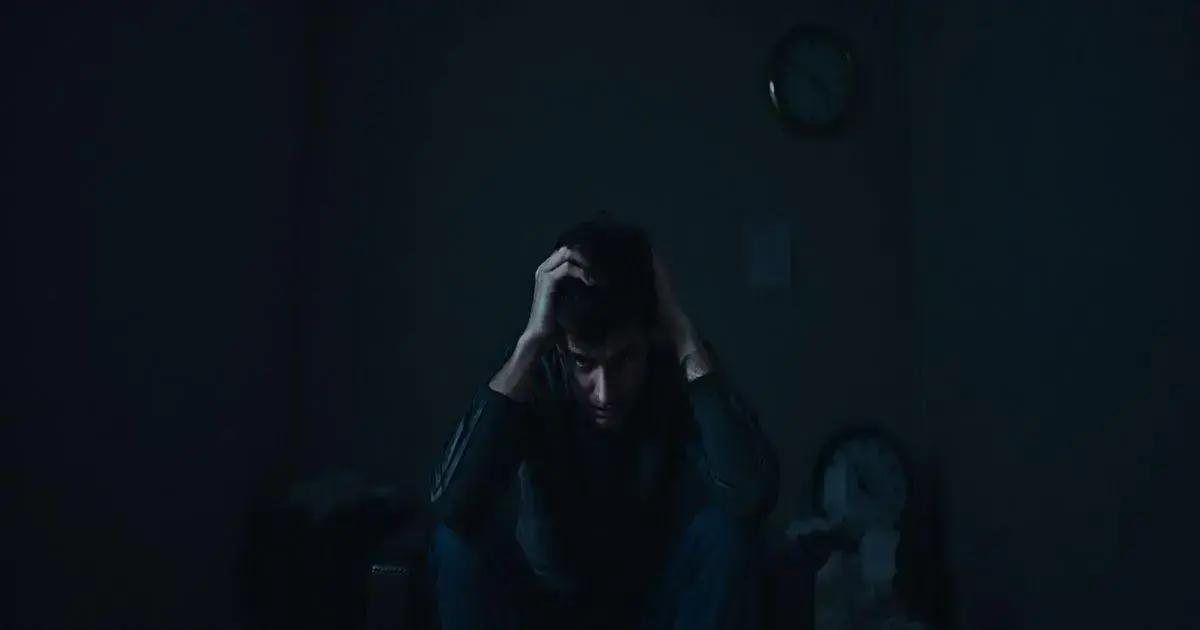
Anxiety is a common mental health issue that affects millions of people worldwide. It can surface in various forms, such as generalized anxiety disorder, panic disorder, or social anxiety. While these forms of anxiety impact daily life, their effects can also extend to physical health, including sexual function.
What is Anxiety?
Anxiety is the body’s natural response to stress. It triggers the “fight or flight” response, releasing adrenaline and other hormones. This reaction can cause symptoms such as rapid heartbeat, sweating, and muscle tension. When anxiety becomes persistent, it may lead to debilitating effects that interfere with normal functioning.
Effects of Anxiety on the Body
The effects of anxiety are not just mental; they can also be physical. Chronic anxiety can lead to health problems like high blood pressure, weakened immune function, and digestive issues. These physical changes can also impact sexual health. For instance, anxiety can reduce libido and hinder sexual performance.
The Role of Stress Hormones
During episodes of anxiety, the body produces increased levels of stress hormones such as cortisol. These hormones can cause blood vessels to constrict, reducing blood flow. Since adequate blood flow is crucial for achieving and maintaining an erection, this can lead to erectile dysfunction.
Understanding the Psychological Impact
Anxiety is not just a personal challenge; it can affect relationships and self-esteem. The fear of experiencing erectile dysfunction can create a cycle of anxiety that makes the symptoms worse. This cycle needs to be addressed to improve both mental and sexual health.
The Connection Between Anxiety and ED
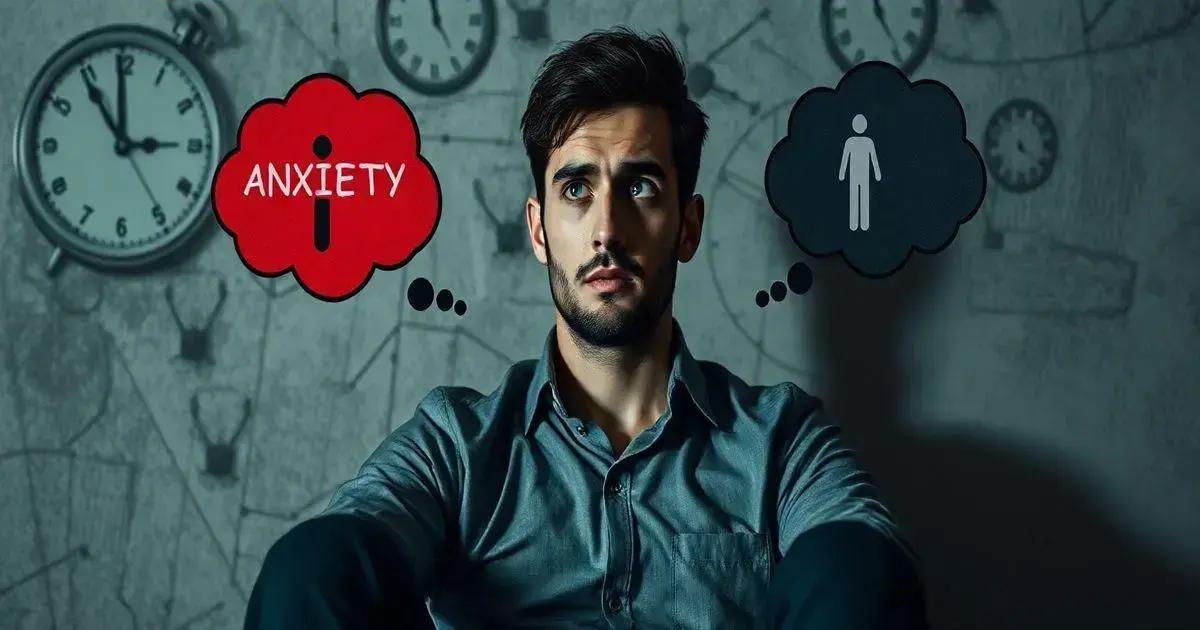
The connection between anxiety and erectile dysfunction (ED) is often overlooked but crucial to understand. Many men may not realize that their anxiety can be a significant factor in their sexual health. Studies have shown that anxiety can lead to difficulties in achieving or maintaining an erection.
How Anxiety Affects Sexual Performance
When a person feels anxious, their body enters a heightened state of alertness. This can trigger physical symptoms that interfere with sexual arousal. For example, increased heart rate and muscle tension can make it hard to relax during sexual activities, which is essential for erections.
The Psychological Cycle of Fear
Many men who experience ED due to anxiety may develop a fear of engaging in sexual activities. This fear can create a cycle where anxiety leads to performance issues, and those performance issues, in turn, heighten anxiety levels. Breaking this cycle is essential for restoring both mental and sexual health.
Impact of Specific Anxiety Disorders
Different types of anxiety disorders can affect erectile function differently. For instance, social anxiety disorder can make intimate situations seem overwhelming, while performance anxiety can lead to a fear of not meeting expectations. Recognizing the specific anxiety type can guide effective interventions.
Coping Strategies for Managing Connection
Managing the connection between anxiety and ED can involve various strategies. Therapy, mindfulness, and relaxation techniques are often beneficial. Working with a mental health professional can help address underlying anxiety, leading to improvements in erectile function.
Psychological Factors in Erectile Dysfunction
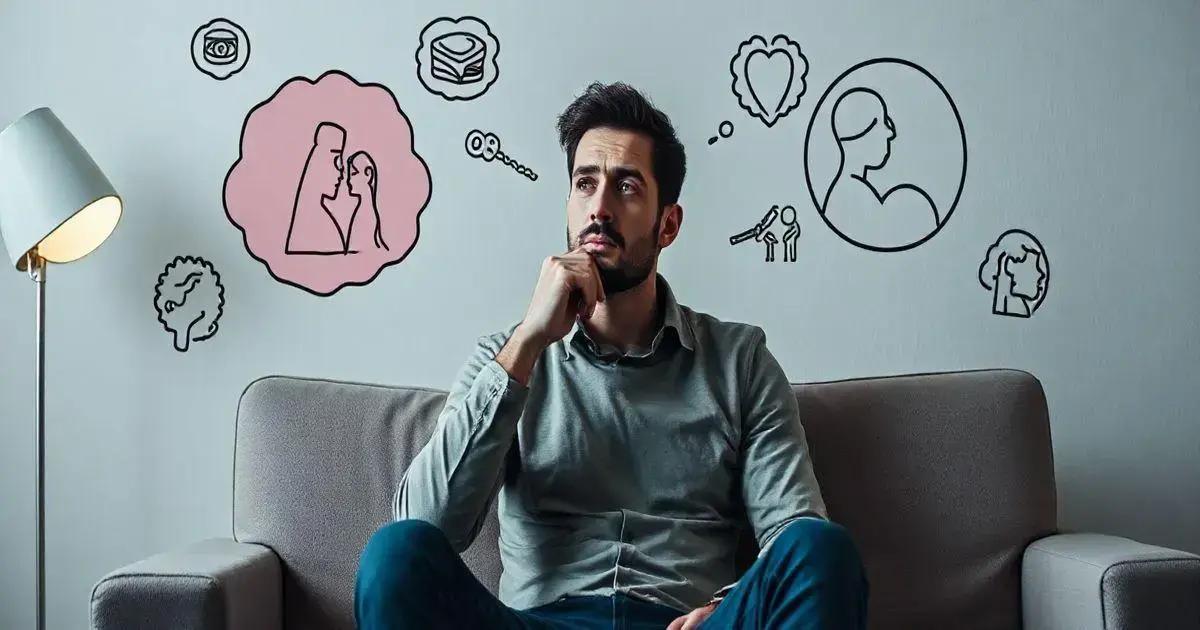
Psychological factors play a critical role in erectile dysfunction (ED). Many men facing this issue may not realize how much their mental health can impact their sexual performance. Anxiety is one of the key psychological contributors to ED, but other factors also exist.
Importance of Mental Health
Good mental health is essential for healthy sexual function. When a person experiences stress, depression, or anxiety, it can disrupt the body’s ability to respond sexually. The mind and body are interconnected; what happens in the mind often reflects in physical performance.
Impact of Stress
Stress can lead to performance anxiety, which amplifies feelings of inadequacy. For many men, the fear of not meeting their partner’s expectations can create a cycle where stress leads to ED, and ED leads to more stress. Understanding this cycle is key to breaking free from it.
Role of Depression
Depression is another significant psychological factor influencing ED. Men who are depressed may lose interest in sex entirely or have difficulty becoming aroused. This lack of interest can stem from chemical changes in the brain or feelings of hopelessness and despair.
Effects of Relationship Issues
Relationship problems can also contribute to erectile dysfunction. Communication issues, conflict, or lack of intimacy with a partner can create an environment filled with emotional stress. This emotional turmoil can impair sexual function and enhance feelings of anxiety.
Addressing Psychological Factors
To improve erectile function, addressing these psychological factors is essential. Therapy, medication, and open communication with a partner can help alleviate anxiety and stress. Seeking professional help is important for finding effective coping mechanisms and improving overall well-being.
Treatment Options for Anxiety-Related ED
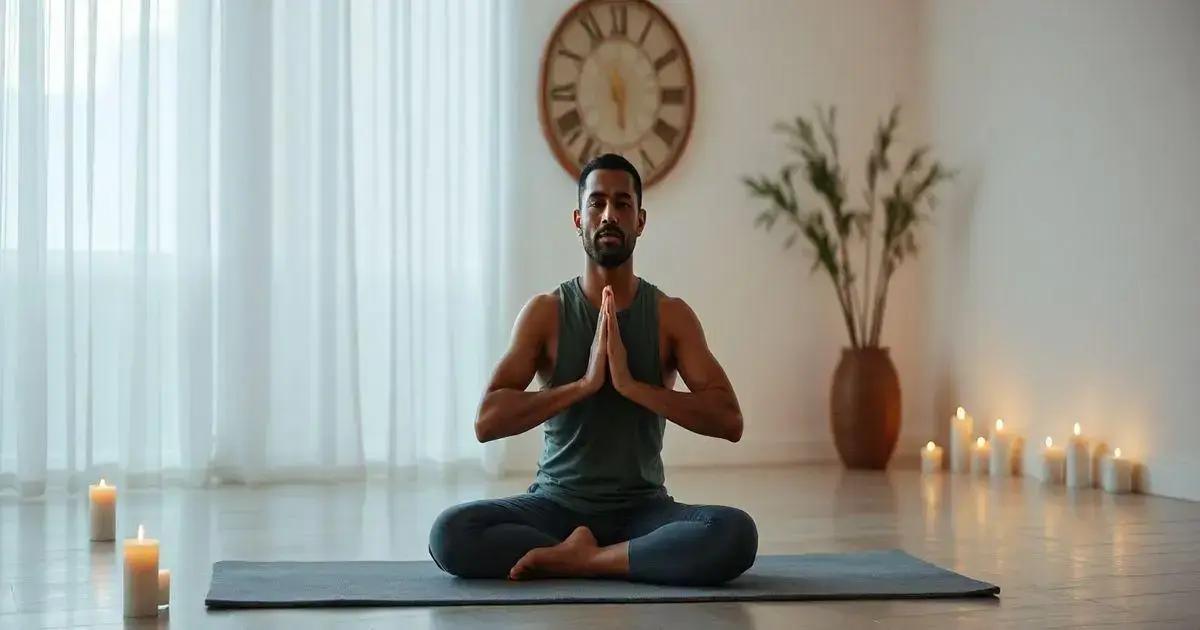
Treatment options for anxiety-related erectile dysfunction (ED) are essential for men seeking to regain their sexual health. Fortunately, various approaches can help manage anxiety and enhance erectile function. Each treatment option may be beneficial for different individuals based on their specific needs.
Therapy and Counseling
One of the most effective treatment options is therapy, specifically cognitive behavioral therapy (CBT). CBT helps individuals understand and change negative thought patterns that contribute to anxiety. By addressing these thoughts, men can feel more confident and relaxed during sexual encounters.
Medication
For some men, medications can help alleviate anxiety and improve ED. Physicians might prescribe antidepressants or anti-anxiety medications to help manage symptoms. It is crucial to consult with a healthcare provider to find the right medication that aligns with personal health needs.
Relaxation Techniques
Incorporating relaxation techniques into daily routines can effectively reduce anxiety levels. Techniques such as deep breathing exercises, yoga, and meditation can help lower stress and anxiety, making it easier to achieve and maintain an erection.
Open Communication
Improving communication with a partner is an essential component of treatment. Discussing feelings, fears, and desires can help relieve performance anxiety. Partners can provide support and understanding, creating a more comfortable atmosphere during intimate moments.
Lifestyle Changes
Making positive lifestyle changes can also help manage anxiety and improve overall health. Regular exercise, a balanced diet, and reducing alcohol or tobacco use can enhance well-being and reduce symptoms of anxiety, subsequently improving erectile function.
Lifestyle Changes to Manage Anxiety and ED

Making lifestyle changes can significantly help manage both anxiety and erectile dysfunction (ED). These changes can improve overall health and reduce symptoms. Here are some effective strategies to consider:
Regular Exercise
Engaging in regular physical activity is essential for both mental and physical health. Exercise releases endorphins, which can improve mood and reduce anxiety. Aim for at least 30 minutes of moderate exercise most days, whether that’s walking, cycling, or swimming.
Balanced Diet
A healthy, balanced diet plays a vital role in managing anxiety and ED. Include plenty of fruits, vegetables, whole grains, and lean proteins in your meals. Foods rich in omega-3 fatty acids, like fish and walnuts, can also support brain health and reduce anxiety symptoms.
Adequate Sleep
Getting enough quality sleep is crucial for reducing anxiety levels. Aim for 7-9 hours of sleep each night. Establish a bedtime routine that encourages relaxation, such as reading or practicing deep breathing exercises.
Limit Alcohol and Tobacco
Reducing or eliminating the use of alcohol and tobacco can significantly enhance not only sexual performance but also mental health. Both substances can contribute to anxiety and negatively affect erectile function.
Mindfulness and Relaxation Techniques
Practicing mindfulness and relaxation techniques like yoga, meditation, and deep breathing exercises can help manage anxiety. These practices can be integrated into daily routines and can lead to better emotional regulation and reduced stress.
In Summary: Managing Anxiety and Erectile Dysfunction
Anxiety can significantly impact erectile dysfunction, affecting many men’s sexual health and relationships. Understanding the connection between anxiety and ED is crucial for addressing the problem effectively.
By recognizing the psychological factors, exploring treatment options, and making lifestyle changes, individuals can take significant steps toward better mental and sexual health. Approaches such as therapy, medication, regular exercise, and healthy eating provide a comprehensive strategy for managing both anxiety and erectile dysfunction.
Incorporating mindfulness and open communication with partners is also vital to creating a supportive environment. Ultimately, seeking help and taking proactive measures can lead to improved quality of life and healthier relationships.
FAQ – Frequently Asked Questions about Anxiety and Erectile Dysfunction
How does anxiety affect erectile dysfunction?
Anxiety can lead to physical symptoms like increased heart rate and muscle tension, making it difficult to achieve or maintain an erection.
What are some treatment options for anxiety-related ED?
Treatment options include therapy, medication, relaxation techniques, and open communication with partners.
Can lifestyle changes help manage anxiety and ED?
Yes, lifestyle changes such as regular exercise, a balanced diet, and practicing mindfulness can significantly reduce anxiety levels and improve erectile function.
What role does therapy play in treating anxiety and ED?
Therapy, especially cognitive behavioral therapy (CBT), helps address negative thoughts and behaviors related to anxiety and can improve sexual performance.
Is it normal to experience anxiety about sexual performance?
Yes, many men experience anxiety related to sexual performance, which can trigger a cycle of increased stress and erectile dysfunction.
What should I do if my anxiety and ED persist?
If anxiety and erectile dysfunction persist, consult a healthcare provider for a comprehensive evaluation and appropriate treatment options.

